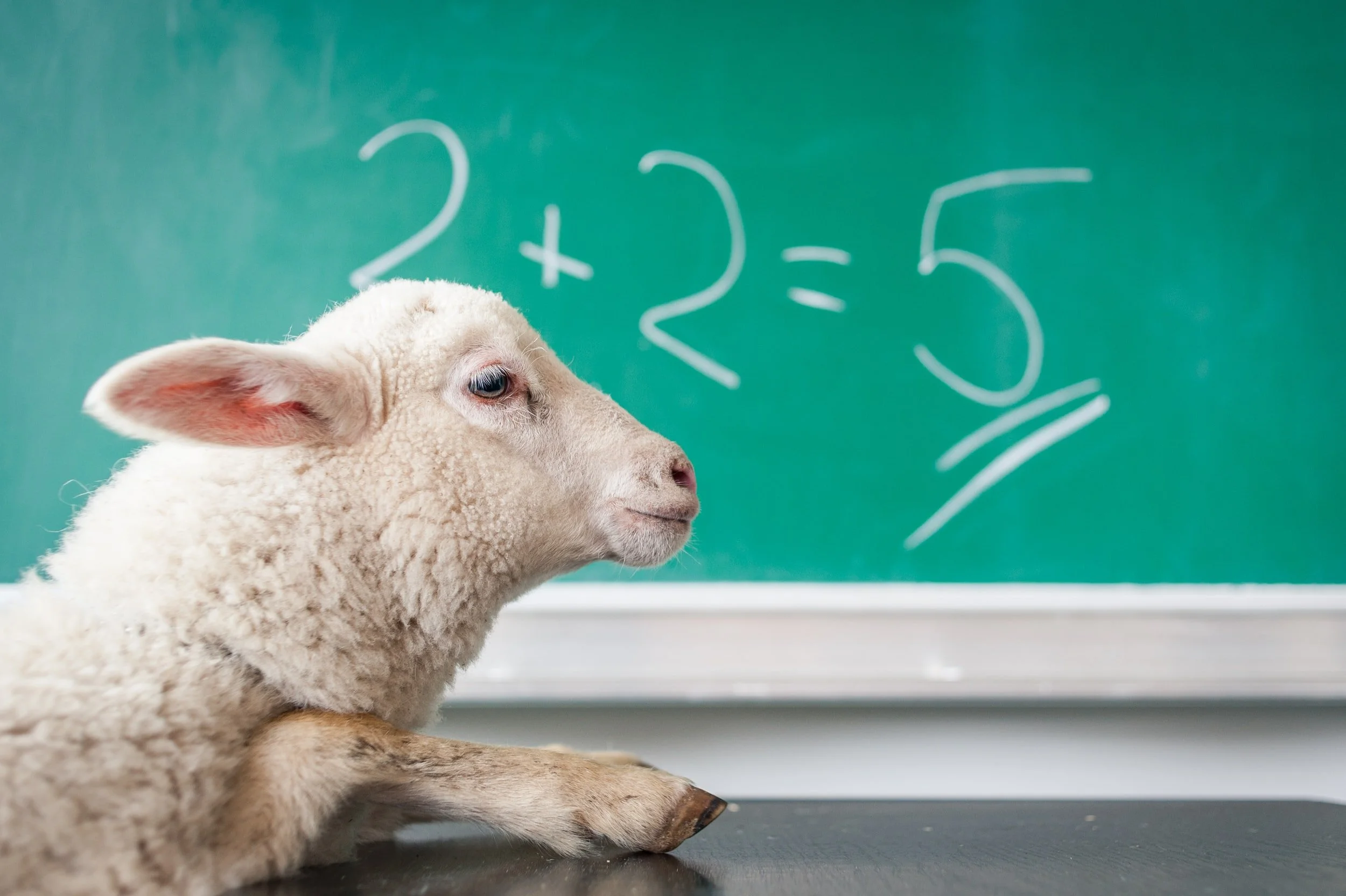The Dunning–Kruger Effect
This article is the seventh in an ongoing series focused on the different cognitive biases. My hope for you is that you learn to be aware of the processes that guide your thinking and become a better human being.
For readers who aren't familiar with the term, a cognitive bias is a processing error in the mind that happens when humans are interpreting information — in turn, it affects decision making. For a more detailed description, read the first article in the cognitive bias series... https://hypnosisforhumans.com/articles/confabulation.
The Dunning–Kruger Effect
The Dunning-Kruger effect is one of my favorite cognitive biases — at least, it brings me the most comedy. This cognitive bias is in operation when humans with minimal skill, limited knowledge, or inadequate competence grossly overestimate their ability.
NOTE: The Dunning-Kruger effect can also present as a highly-skilled human underestimating their ability. This is more commonly called imposter syndrome. Typically, the Dunning-Kruger effect is referred to when overestimating one's ability.
To see the Dunning-Kruger effect, watch an audition episode of American Idol (or the Idol in your particular country). You will witness many humans who believe they can win the competition who have no ability to carry a tune.
The Dunning-Kruger effect is named after the psychologists David Dunning and Justin Kruger. In their 1999 study, "Unskilled and Unaware of It: How Difficulties in Recognizing One's Own Incompetence Lead to Inflated Self-Assessments", Dunning and Kruger identified illusory superiority as a cognitive bias — which came to be called The Dunning-Kruger Effect.
In other words, you need some level of self-awareness to evaluate if you're competent at a skill. Unfortunately, humans with minimal or no self-awareness typically assume that they are as good or better at a skill than most others. This especially applies when a human does not consult with others on a skill they are developing because it's almost impossible to recognize your skill level without objective feedback.
Incorrect self-assessment of your skill level derives from not knowing the standards of performance that you should have. For example, thinking you can carry a tune in the shower doesn't necessarily mean you are a great singer.
Being in the entertainment business for most of my life, I have had the opportunity to attend numerous live entertainment productions ranging from stand-up comedy to Broadway shows. As a result, I tend to be critical of live entertainment — especially one-human shows because that is the format of my performance.
When I opened my first long-running show that played nightly for five years, I overestimated my skill and knowledge. For the previous 15 years, I performed a stage comedy hypnosis show. However, the management for my new production requested a mentalism show — an area in which I had no experience. After each evening's performance, my wife and I would sit down to debrief that night's performance. I often thought the performance went great, but my wife would point out several areas that needed work — she was right.
Many solo performers don't have the opportunity to receive nightly feedback on their show and take the polite applause from the audience as an indication that their show is excellent. This builds their confidence to continue doing what they've always done when it's a mediocre production at best. Yet, they believe it's at a critically-acclaimed level.
The lesson here is to remember that you can perpetually improve at whatever you do, but you must have the self-awareness to realize that you can and need to become better. It can be challenging to take an objective look at your skill level. I recommend having a trusted advisor (spouse, friend, manager, or expert in your field) who will point out areas of improvement and help you grow. Humans are often blind to areas of their lives that may need development.
At the very least, don't go on America's Got Talent if you haven't performed and received feedback from a room full of strangers.
I've focused on the entertainment industry because I can relate. The Dunning-Kruger effect, however, is alive and well in every area. There are humans in every profession who overestimate their level of competency. Make sure you're not one of them by being humble enough to ask others to gauge your skill level.
